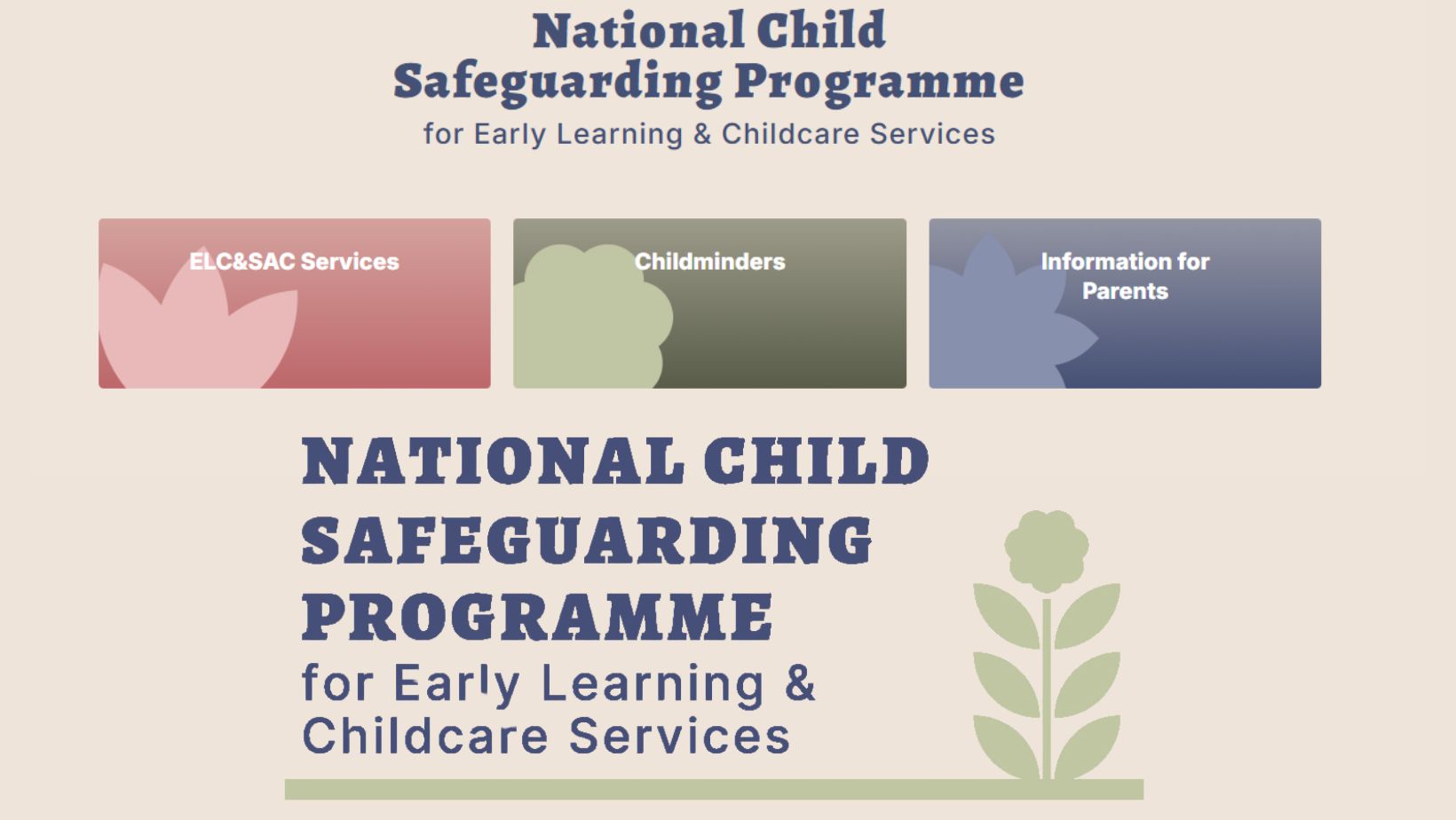|
 The National Child Safeguarding Committee; Early Learning and Care was set up in 2012 following a number of developments in the Early Years Sector, including the establishment of the Department of Children and Youth Affairs in 2011 and the launch of the updated publication of Children First: National Guidance for the Protection and Welfare of Children, also in 2011. The Children First National Guidance was fully revised and published in 2017 to include reference to the Children First Act 2015. The Committee was developed with the primary aim of addressing the implementation of Children First in the Early Years Sector. The National Child Safeguarding Committee; Early Learning and Care was set up in 2012 following a number of developments in the Early Years Sector, including the establishment of the Department of Children and Youth Affairs in 2011 and the launch of the updated publication of Children First: National Guidance for the Protection and Welfare of Children, also in 2011. The Children First National Guidance was fully revised and published in 2017 to include reference to the Children First Act 2015. The Committee was developed with the primary aim of addressing the implementation of Children First in the Early Years Sector.
The Committee is charged with coordinating the delivery of Child Protection Training nationally in a consistent approach. Thus a Sectoral Training Plan was developed under four headings:
- Training
- Communication
- Policy & Procedure
- Quality Assurance
Click here to go directly to the National Child Safeguarding Programme website
|

 The National Child Safeguarding Committee; Early Learning and Care was set up in 2012 following a number of developments in the Early Years Sector, including the establishment of the Department of Children and Youth Affairs in 2011 and the launch of the updated publication of Children First: National Guidance for the Protection and Welfare of Children, also in 2011. The Children First National Guidance was fully revised and published in 2017 to include reference to the Children First Act 2015. The Committee was developed with the primary aim of addressing the implementation of Children First in the Early Years Sector.
The National Child Safeguarding Committee; Early Learning and Care was set up in 2012 following a number of developments in the Early Years Sector, including the establishment of the Department of Children and Youth Affairs in 2011 and the launch of the updated publication of Children First: National Guidance for the Protection and Welfare of Children, also in 2011. The Children First National Guidance was fully revised and published in 2017 to include reference to the Children First Act 2015. The Committee was developed with the primary aim of addressing the implementation of Children First in the Early Years Sector.